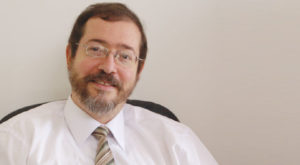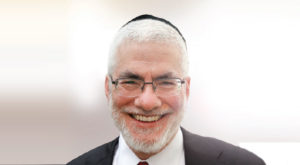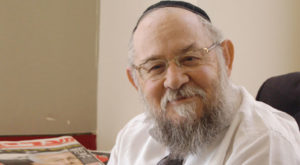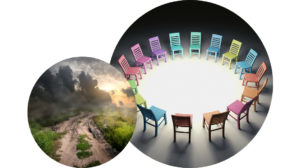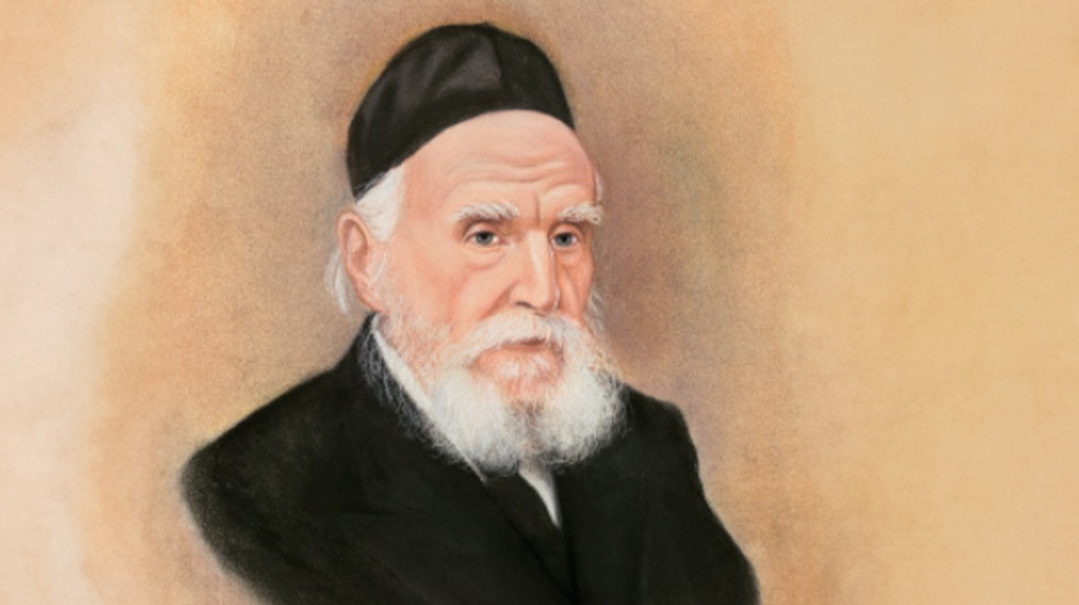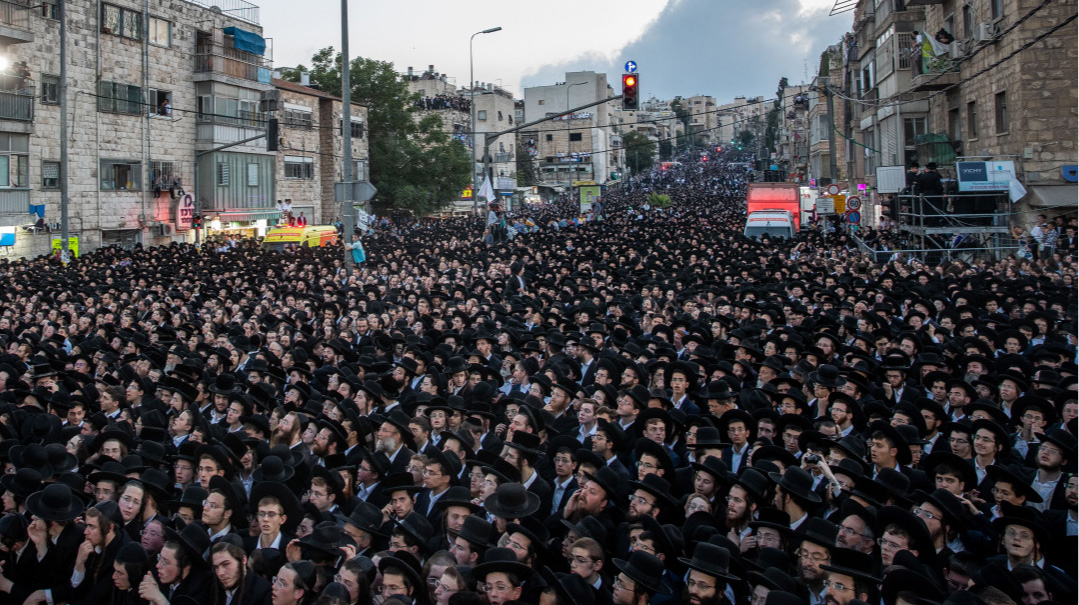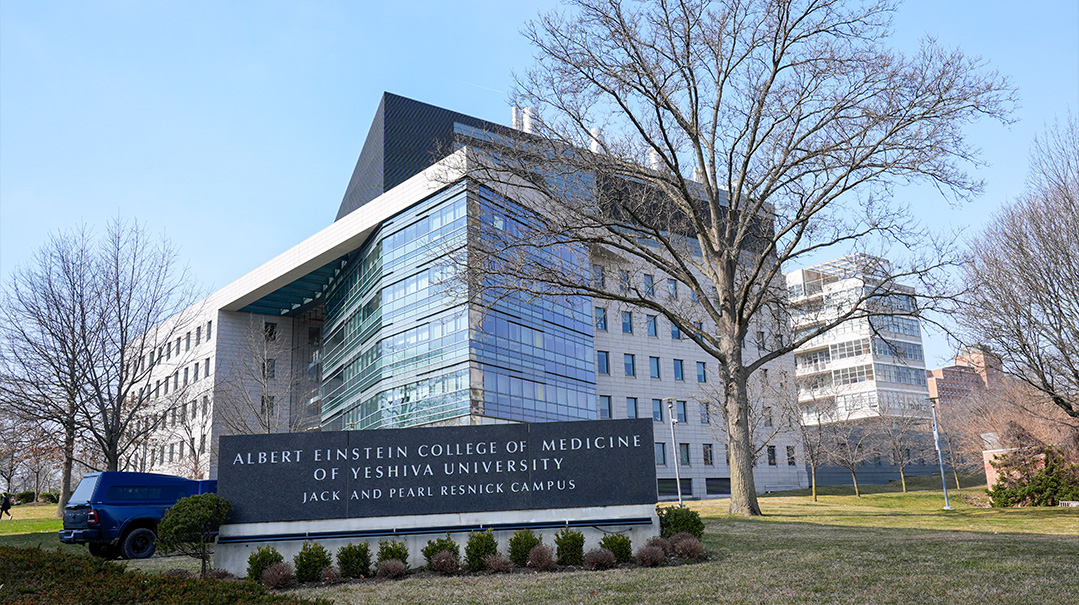Before You Send Your Son
| August 3, 2021If you want to take advantage of Eretz Yisrael, don’t bring America with you
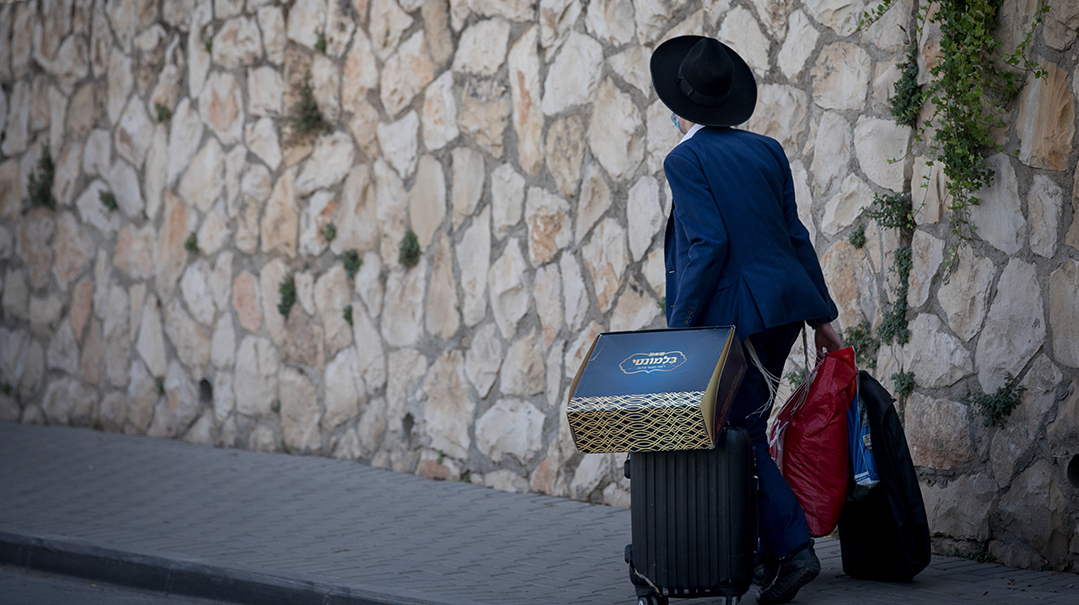
For American yeshivah bochurim, a year of learning in Eretz Yisrael has become an anticipated rite of passage. The famed Israeli yeshivos, their maggidei shiur and rebbeim — often enigmatic as they are beloved — the romanticized sights and sounds unique to Yerushalayim, and the ability to finally stand on one’s own two feet, all beckon to American bochurim.
As parents send off their sons for a year of learning, they often do so recalling their own idyllic memories of the year they spent in Israel. Has the scene for American bochurim in Israel changed since their fathers were there decades ago? Are there new challenges that need to be addressed? More opportunities to be taken advantage of?
Mishpacha asked leading mechanchim on both sides of the Atlantic what parents can tell their sons to help them have the most productive year possible. Timely and timeless, their advice can help parents give their sons the tools they need to have a year of growth in the city of Torah.
Unplug.
In no uncertain terms, and without exception, every mechanech we spoke to made it clear that bringing a smartphone to Eretz Yisrael is the single most effective way to make sure any aliyah in ruchniyus does not occur.
“When I went to Eretz Yisrael, we spoke to our parents once a week — and at a dollar fifty a minute, we kept our conversations short,” one mechanech remembered.
The disconnect from family and friends afforded by being 6,000 miles away from home allowed for bochurim to soar — by connecting with Torah, rebbeim, and even chaverim on a level that hitherto did not exist. Today, that opportunity still exists — but the advent of 21st-century technological wonders packs up society, sport highlights, and the family WhatsApp chat into one alluring screen, conveniently sized to fit into a jacket pocket.
And thanks to the iPhone, one can be 6,000 miles away and still not miss a beat. The connectivity that a smartphone offers, even with the highest-level filters, ensure its owner never truly leaves his environment.
“If you want to take advantage of Eretz Yisrael, don’t bring America with you,” warned one post-high school rebbi who has seen dozens of bochurim go to Eretz Yisrael. “The ones who leave their phones at home shteig and come back changed people, while those who couldn’t manage to part with their devices return unaffected by the glorious opportunities that could have been theirs had they only managed to unplug.”
The bounty of ruchniyus has its counterpart. One veteran rebbi in an Israeli yeshivah that caters predominantly to Americans notes the change he has witnessed in Eretz Yisrael.
“Twenty-five years ago, if an American bochur spent a year in Israel, his parents were able to rest assured he was learning. That still may be the case — and very often is,” he says. But it’s no longer a guarantee. “The yetzer hara makes sure to balance the abundance of ruchniyus here in Eretz Yisrael with less than holy pursuits.”
With discernable pain, he notes that some elements in the secular Israeli world have managed to introduce American-style bars, entertainment, and alcohol shops to the streets of the Holy City, and often in close proximity to chareidi neighborhoods.
He makes it clear that despite its proximity, most American bochurim still wouldn’t know the direction to Ben Yehuda Street — a pedestrian mall that, like its namesake, is not exactly known for its kedushah. But parents should be aware that it exists, and that on occasion, there have been pockets of American teenagers who took advantage of the unsupervised atmosphere to frequent it.
His point is not to alarm parents, nor to chas v’shalom imply that any significant number of bochurim even entertain the thought of spending their time and money in these unholy parts of town, but merely to point out that it’s a reality that did not necessarily exist 25 years ago.
A responsibility, not a right.
Notwithstanding Taglit’s branding its Israel trips for young Jews as a “birthright,” it is a privilege to be in our homeland. The Vilna Gaon and Chofetz Chaim were among the gedolim who vied for the opportunity to step foot in Eretz Yisrael, but were prevented by historical circumstances. One wise mechanech from Brooklyn, New York, who has seen more than two generations off to Eretz Yisrael, exhorts parents to give their sons the right perspective.
“Talk about the zechus — and responsibility — to be in the natural habitat of a Yid — the place that was on the lips of Yidden for generations, for whom Yerushalayim was not a mere place, but a hope, and a promise.”
The privilege of being in Eretz Yisrael comes with responsibilities. The children of Rav Shlomo Breslauer ztz”l, the late rav of Monsey’s Beth Tefillah shul, recalled that when their father flew to Eretz Yisrael, even as he left his home for the airport, his demeanor already became extremely sober, as he was embarking on the first leg of his journey to “paltrin shel Melech, the King’s palace.”
On the flight, the venerated rav sat and learned the entire flight, until the pilot announced that they were beginning their descent and would soon land in Tel Aviv. At that point, the normally reserved and composed rav burst out crying, and upon his arrival he threw himself on the ground, kissing the holy soil. Before his own grandchildren left to learn in Eretz Yisrael, he would talk with them about the awesome responsibility that comes with being in Hashem’s land.
Nosh. Not just the Zisalek and Pitzuchei Mashiach variety. At a time when the more formal rebbi-talmid relationship is giving way, exposing bochurim on a personal level to great men in Yerushalayim from whom they can “nosh” can have an profoundly positive impact, said rosh mesivta Rav Meir Rubin of Mesivta of Passaic.
“There are poshute Yidden in Yerushalayim who are pulsating with Torah and yiras Shamayim. If a parent can make a connection with an old friend or family member there and have them facilitate a chavrusashaft, even once a week, or Shabbos seudos with their son and a Yerushalayimdige Yid, the impact is immeasurable.”
By osmosis, a bochur will glean from the greatness if given the opportunity.
“The resources are there” said Rav Rubin. “Set your child up to take advantage.”
See the good.
Seek, see, and speak about the good of Yerushalayim. It’s Hashem’s most beloved land, and we should be mindful of its exalted status when we converse about it.
This point is driven home by an episode recounted about the previous Amshinover Rebbe, Rav Yerachmiel Yehuda Myer Kalish ztz”l. Once, during a sweltering summer day, the Jerusalem sun blazed down, and the Rebbe’s driver — who normally wore a jacket in the presence of the Rebbe out of respect — felt uncomfortable in the stifling heat. After quite some time, the driver asked the Rebbe for permission to remove his jacket, just this once, as the heat was becoming unbearable.
The Rebbe looked at him and replied, “For my part you can [even] take off your shirt. But please don’t speak lashon hara about Eretz Yisrael.”
Let’s see and speak only about the good. It’s the land most opportune for a rendezvous with Hashem — how can we not?
(Originally featured in Mishpacha, Issue 872)
Oops! We could not locate your form.


